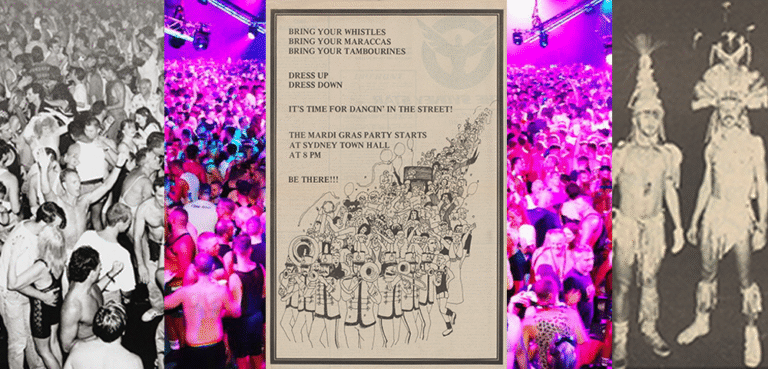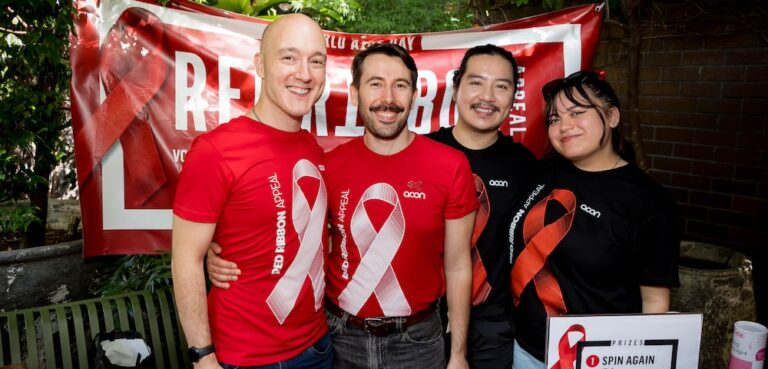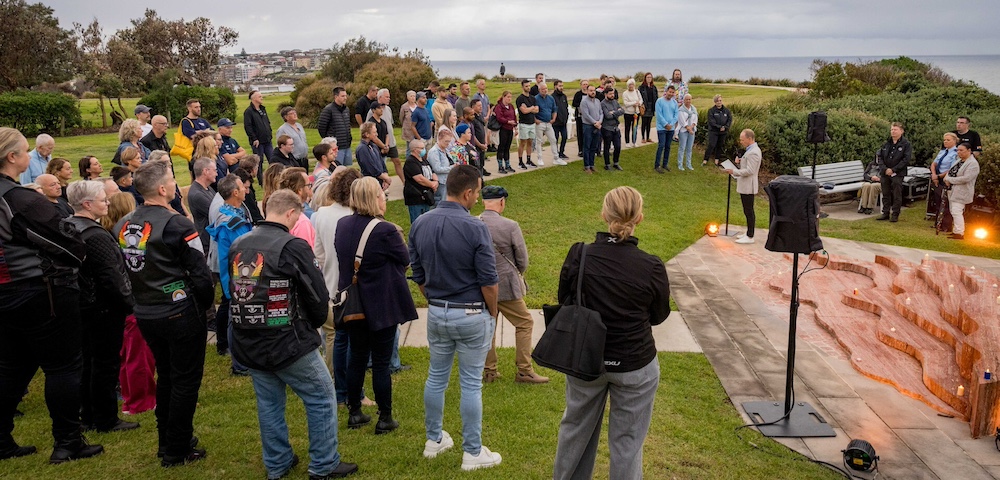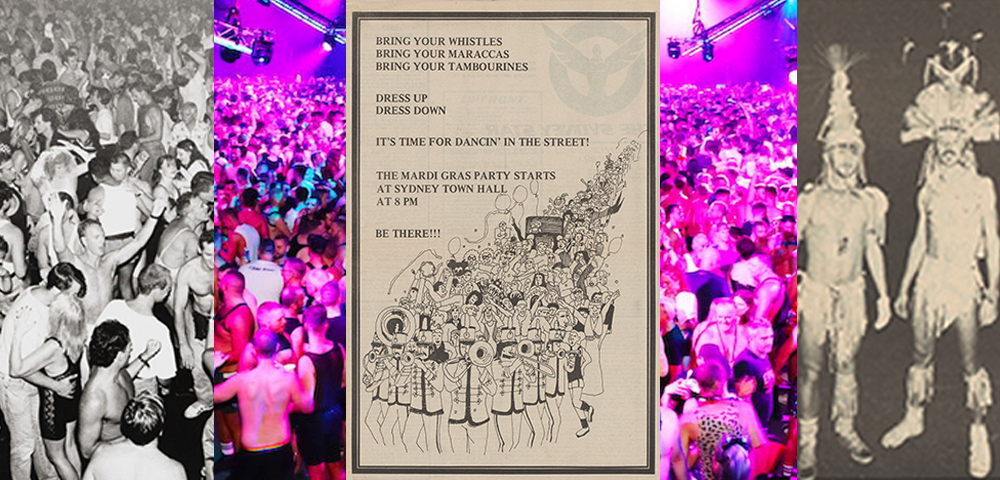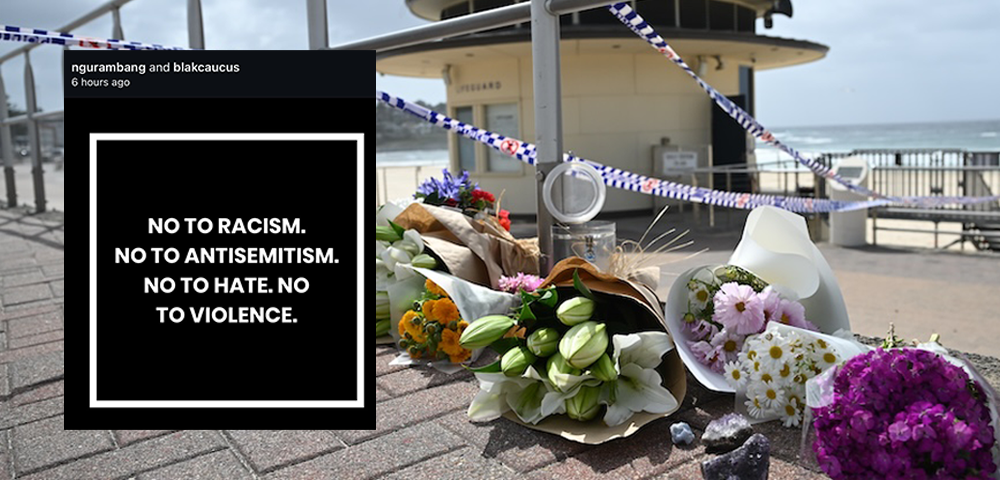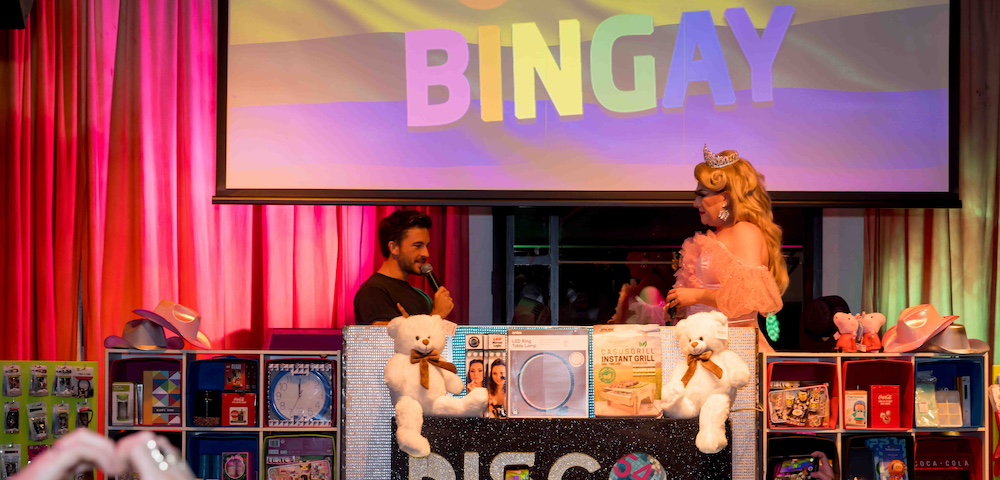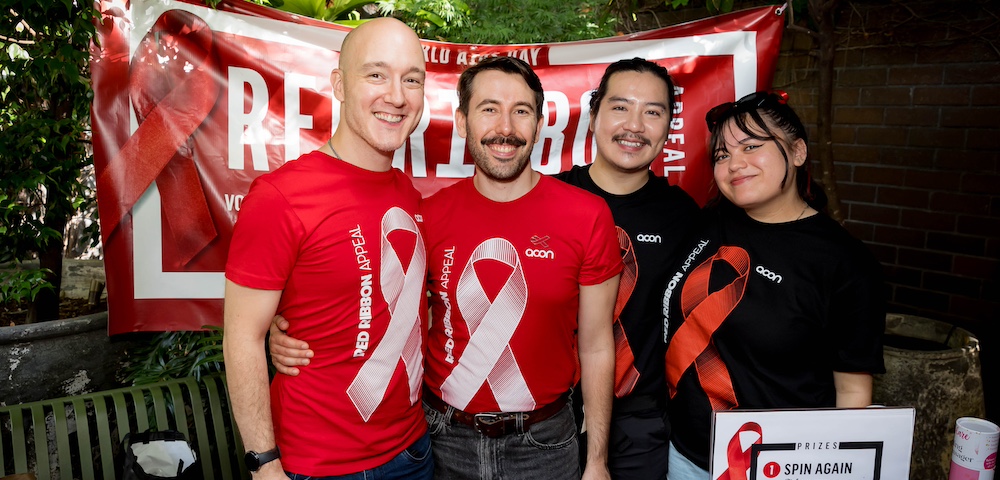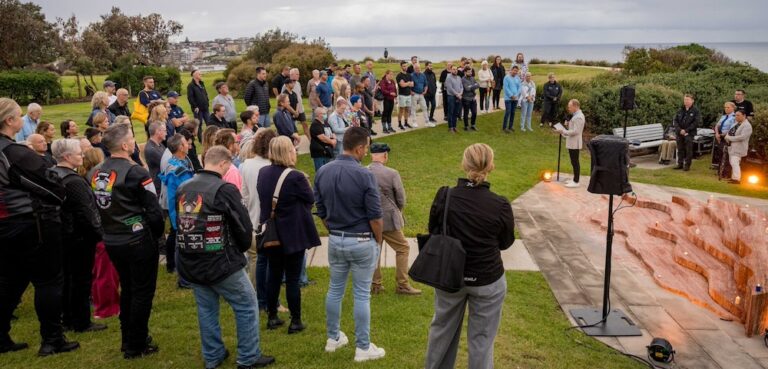
Domestic Violence Is Not Just A Cisgender And Heterosexual Issue

Do LGBTQI communities think of domestic and family violence (DFV) or intimate partner violence (IPV) as a heterosexual problem? A new Australian study says, yes!
The research study, ‘Developing LGBTQ programs for perpetrators and victims/survivors of domestic and family violence’ was a collaboration between Relationships Australia New South Wales (RANSW) and ACON (formerly the AIDS Council of NSW).
It was published by Australia’s National Research Organisation for Women’s Safety (ANROWS).
The study found that many in the community perceived that DFV and IPV did not apply to LGBTQI relationships, which left both victims/ survivors as well as the perpetrators unable to access help.
The term “domestic violence” mainly conjured up physical violence and harm. This meant that other non-physical forms of violence that occurred in LGBTQI relationships would not lead to help-seeking behaviour.
More importantly, the research revealed unique “identity-based tactics of abuse” that were used to threaten, undermine or isolate a LGBTQI victim or survivor of domestic and family violence. It said that such identity-based abused capitalised “upon a victim’s /survivor’s fear of exposure (“outing”), or their experience of discrimination and internalised homophobia.”
“DFV/IPV was more likely to be excused or minimised (in LGBTQI relationships), since it could be seen as emerging from distress or trauma rather than being an active abuse of power. A desire to cherish and protect the community from external judgement was seen to increase the likelihood of this view being taken. We heard that people experiencing abuse were reluctant to report their abusive partner for fear of exposing them to hostile judgment,” the study said.
According to ACON CEO Nicolas Parkhill pointed to the significance of the study in creating awareness as well as tailoring services as well as responses to the needs of LGBTQI persons experiencing DFV.
“While experiences of DFV in our communities can mirror those in the general population, there are some unique aspects experienced by LGBTQ people. Much of the language and framework used around this issue relates to heterosexual relationships, which can overshadow abuse occurring in LGBTQ relationships. Because of this, many LGBTQ people suffer in isolation and don’t feel comfortable to report abuse or seek help from support services,” said Parkhill.
“Many LGBTQI people in abusive relationships also fear that their partner will ‘out’ them to family, friends or work colleagues,” Parkhill added.
“It is vital we continue to deepen our understanding of DFV in LGBTQ relationships. This research will assist in informing service providers and support organisations in the development of appropriate responses and programs for LGBTQ people,” Parkhill said.
What the study found?
- Identifying domestic and family violence in LGBTQI relationships is difficult and challenging.
- DFV/IPV in LGBTQI relationships may involve unique identity-based tactics of abuse, including capitalising on a victim’s fear of being outed, their experience of discrimination, or internalised homophobia.
- For LGBTQI communities, their trauma from discrimination and stigma can impact their experience of DFV, but that was not a direct cause of DFV.
- LGBTQ community readiness to recognise DFV/IPV and seek support, as well as service responses to LGBTQ people experiencing DFV/IPV, must be strengthened.
What does the study recommend?
- There is a need to create awareness as well as recognise LGBTQI DFV/IPV among both mainstream service providers as well as the community.
- Ensure that ways to report and prevent DFV/IPV are LGBTQI inclusive
- Train the DFV sector and police workforce in confidence and skills for engaging with LGBTQ people experiencing DFV/IPV.
- Develop and trial tailored programs that will address the unique and diverse needs of LGBTQ populations.
For more information on domestic & family violence website, check out ACON’s Say It Aloud website.
Read the full research report.

If this story has affected you or someone you know, you can contact these services for further help and support.
Lifeline: 13 11 14
ACON: (02) 9206 2000
Twenty10 inc. GLCS: (02) 8594 9555
